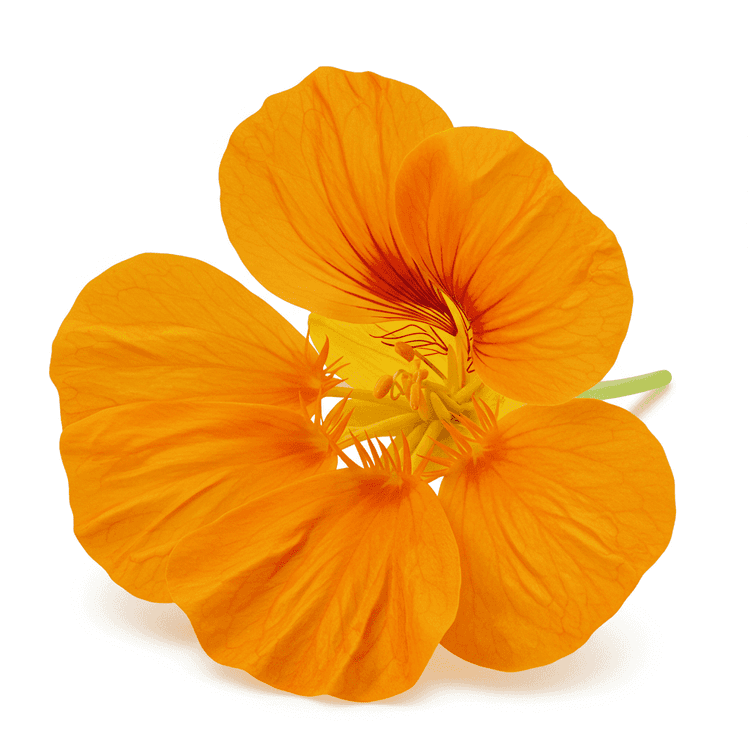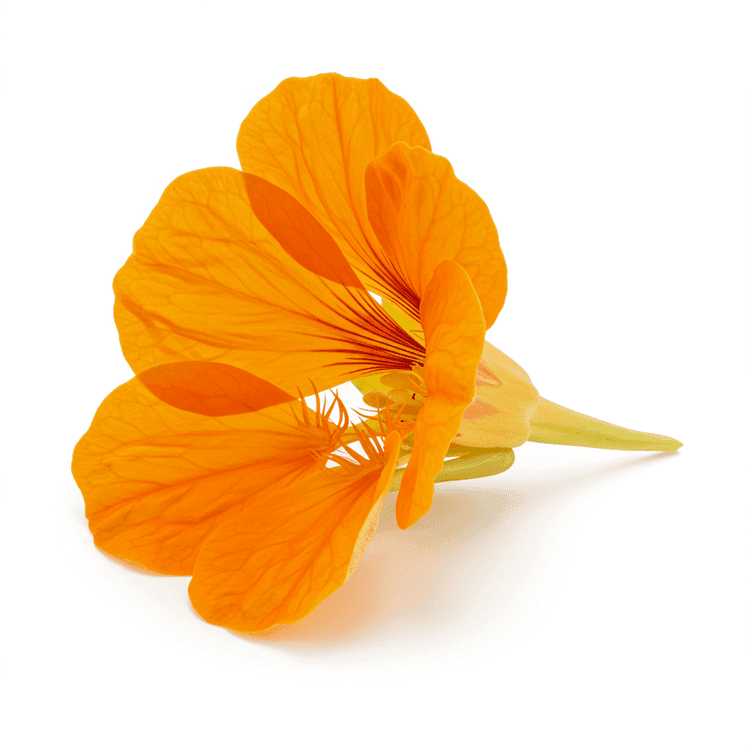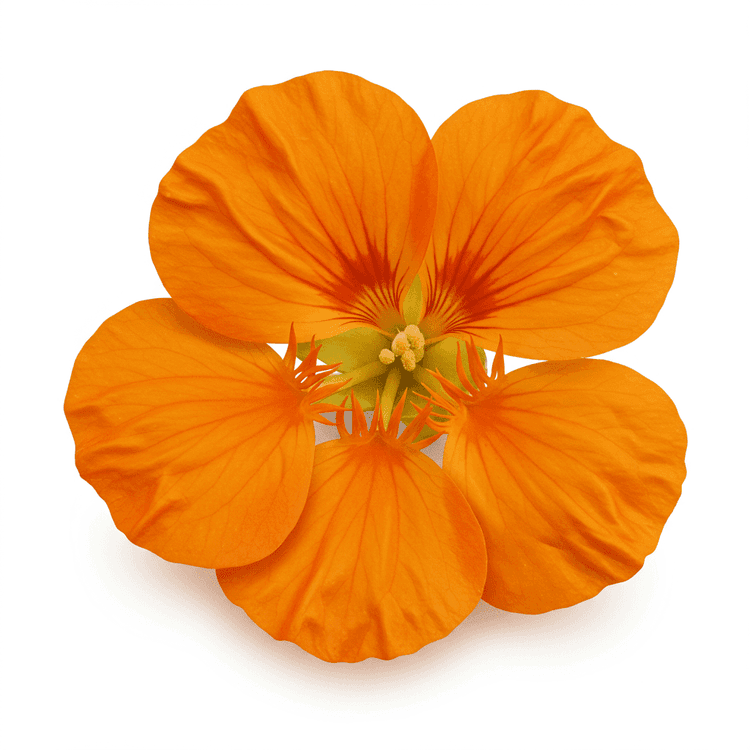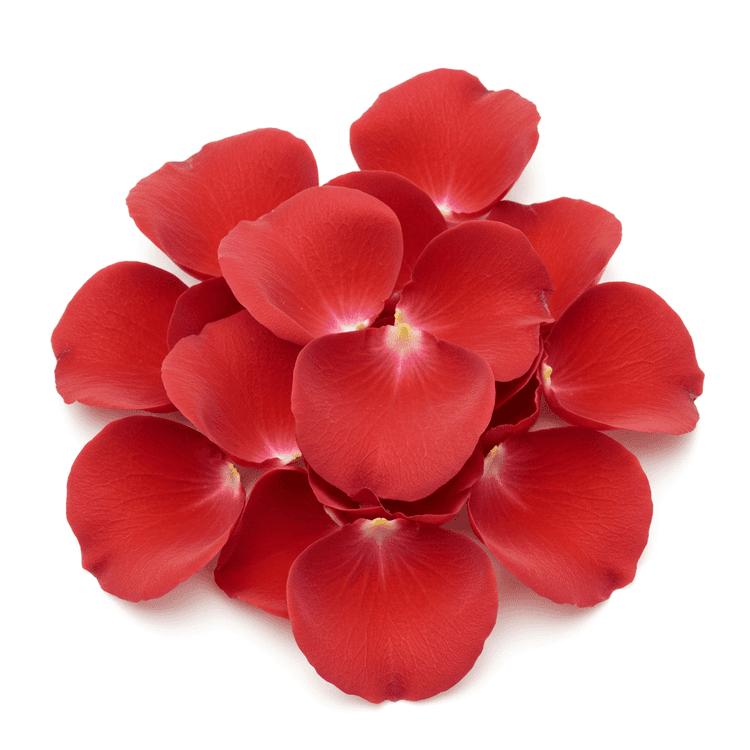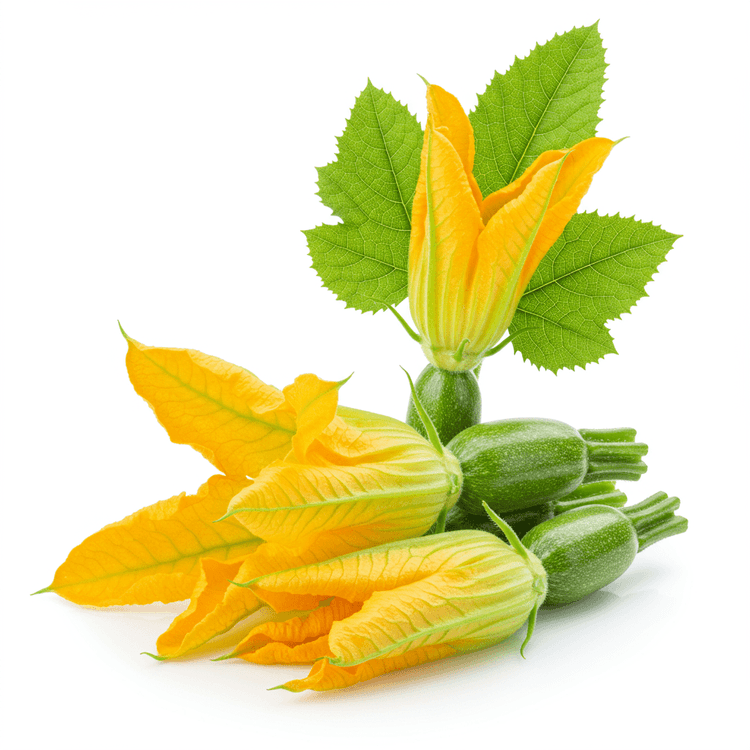Edible Flower
Edible flowers are more than just a pretty garnish; they're a vibrant addition to a healthy and balanced diet, offering a range of culinary uses and impressive nutritional benefits. For centuries, cultures around the world have incorporated these blossoms into their cuisines, appreciating both their aesthetic appeal and their subtle, yet distinctive, flavors.
From a nutritional standpoint, edible flowers can pack a surprising punch. Many are rich in vitamins A and C, known for their antioxidant properties that help combat free radical damage and support immune function. Some, like pansies and nasturtiums, contain rutin, a bioflavonoid that strengthens capillaries and possesses anti-inflammatory effects. Violets are a good source of vitamin C, while roses offer vitamins A and E. The specific nutrient profile varies depending on the flower, but generally, they provide a valuable source of micronutrients that contribute to overall health and well-being. Don't underestimate the power of these delicate blooms...
Chefadora AI is here.
Experience smarter, stress-free cooking.
Marnirni-apinthi Building, Lot Fourteen,
North Terrace, Adelaide, South Australia, 5000
Australia
